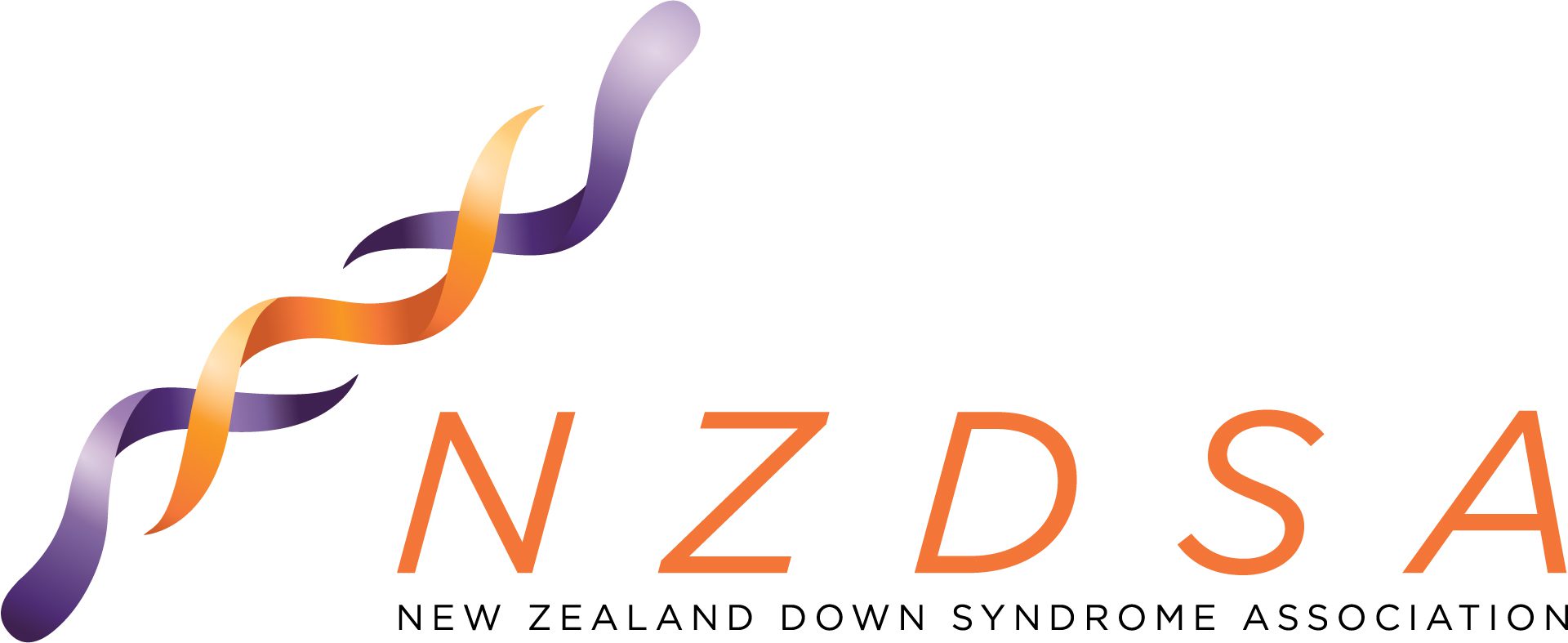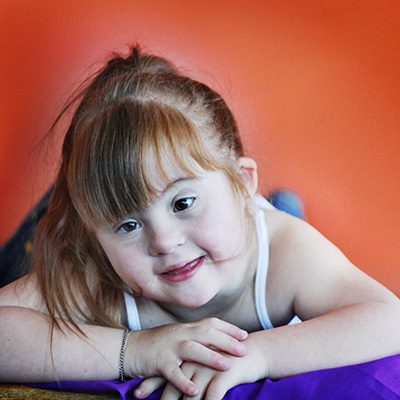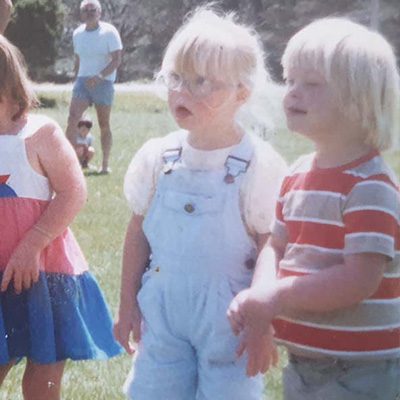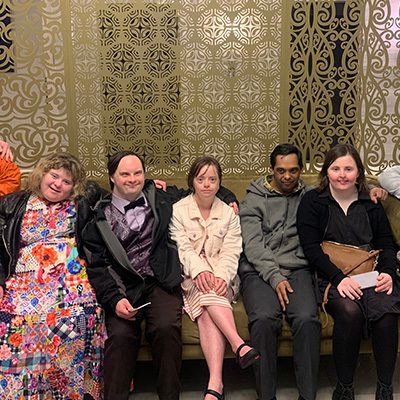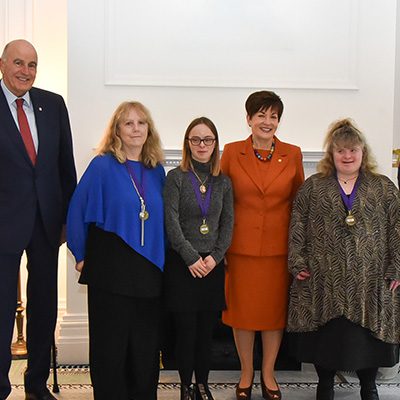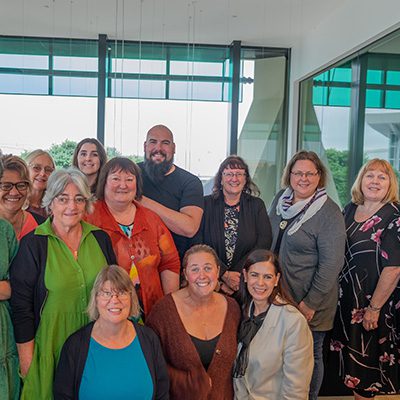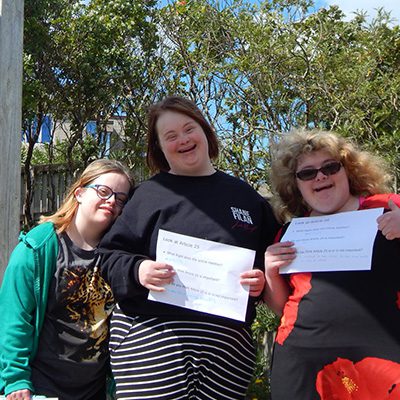About Us
The New Zealand Down Syndrome Association (NZSDA) has set itself the mission to support, inform and advocate alongside people with Down syndrome, families, whānau and professionals.
The NZDSA works towards the vision that people with Down syndrome are respected, valued and equal members of their community fulfilling their potential and aspirations.
What the NZDSA can do for you and your community:
- Inform, support, educate, and empower families/whānau and people with Down syndrome.
- Promote awareness and deeper knowledge about Down syndrome to create positive attitudes in the community, particularly interested parties like educators and medical professionals.
- Advocate for the rights and inclusion of people with Down syndrome.
- Review policies and lobby government and other agencies.
- Create leadership platforms for people with Down syndrome.
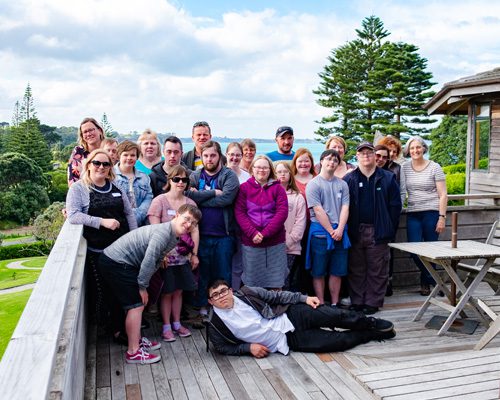
What support does the NZDSA provide on a day-to-day basis?
- Provide up-to-date information and support for families/whanau as well as other interested parties. We offer published resources, videos, online content, social media content, newsletters, and CHAT 21, our quarterly journal.
- Provide support for new parents through new parent information packs and face-to-face visits.
- Promote and advocate for the welfare of people with Down syndrome and their families/whānau through campaigns or direct intervention.
- Provide regional support groups throughout New Zealand, as well as connect families directly.
- Offer 24/7 support through our freephone number 0800 NZDSAI (0800 693 724).
- Celebrate the achievements of people with Down syndrome through our annual National Achievement Awards, media releases, the Chat 21 journal, our social media, and website.
- Educate and upskill medical practitioners, students, educators and community organisations to enhance their interactions with people with Down syndrome.
- Establish and maintain relationships with other disability organisations, the Government and other agencies.
- Respond to political and social issues by making submissions to government bodies.
- Initiate and manage projects that will have a direct benefit to people with Down syndrome and their families.
- Maintain links with international Down syndrome associations to ensure a flow of current knowledge and information.
